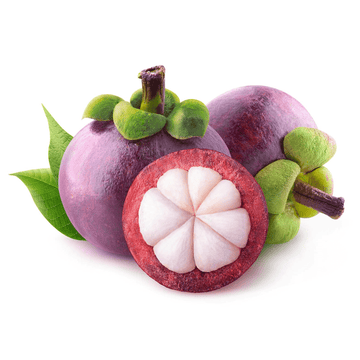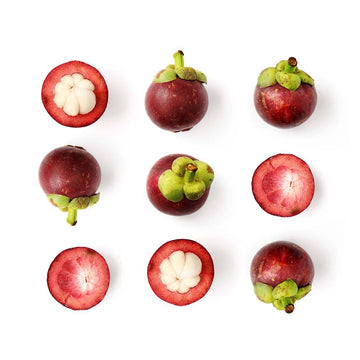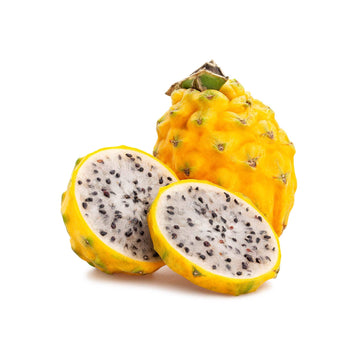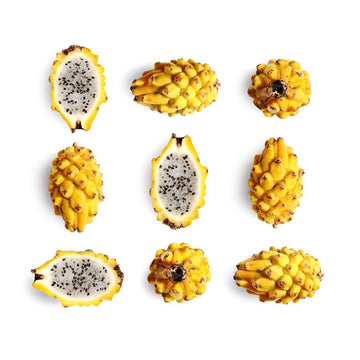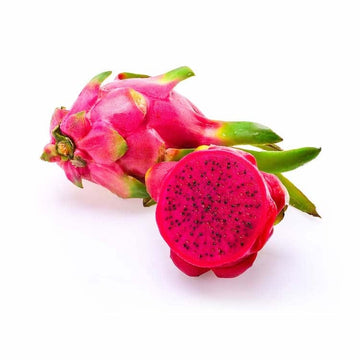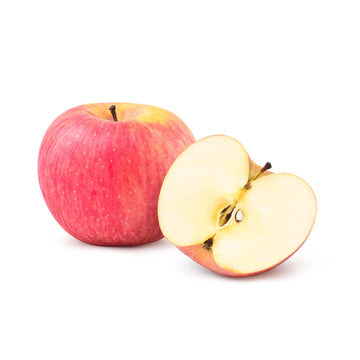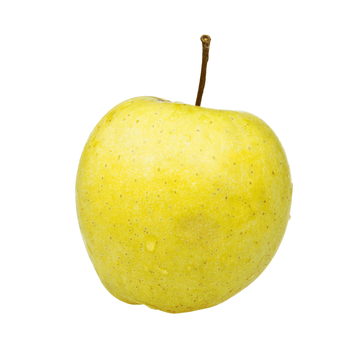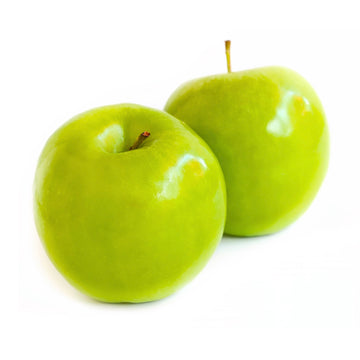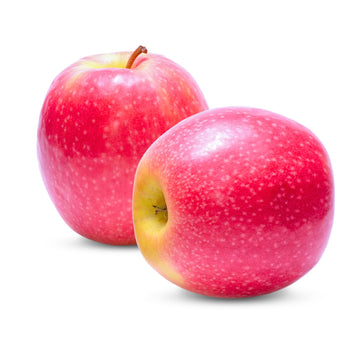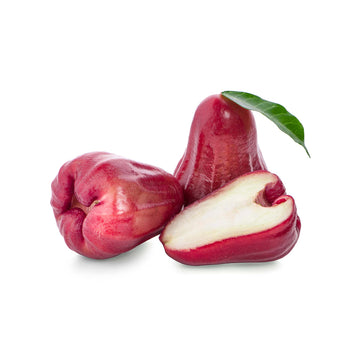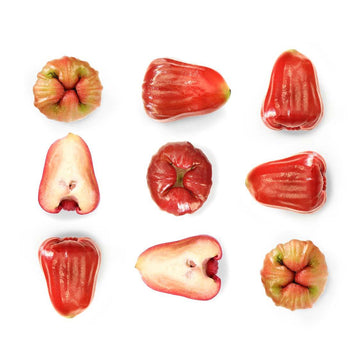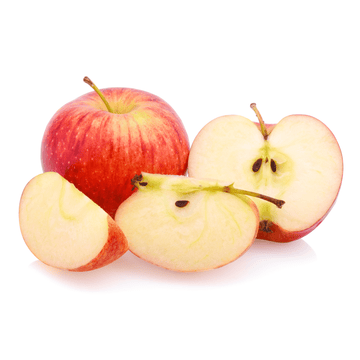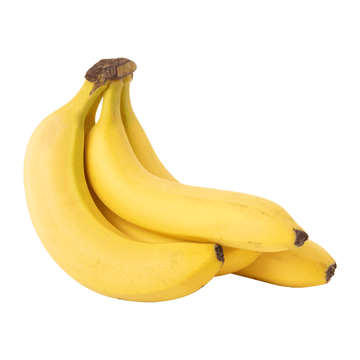10 Best Fruits for PCOS: Boosting Hormone Health With Diet
Polycystic Ovary Syndrome (PCOS) is a common hormonal disorder affecting approximately 1 in 10 women of reproductive age. It’s a complex condition that can significantly impact physical and mental health, but dietary choices, particularly the inclusion of nutrient-rich fruits, can play a pivotal role in managing symptoms. This blog post explores what PCOS is, its symptoms and effects, the impact of diet, and a detailed list of the best fruits, including 10 exotic options, to support women with PCOS in leading healthier lives.
Understanding PCOS
PCOS is an endocrine and metabolic disorder characterised by hormonal imbalances, primarily an excess of androgens (male hormones like testosterone) and, in many cases, insulin resistance. The condition often leads to the development of small, fluid-filled sacs (cysts) on the ovaries, though not all women with PCOS have these cysts. PCOS is typically diagnosed when at least two of the following criteria are met: irregular or absent menstrual cycles, elevated androgen levels (causing symptoms like hirsutism or acne), and polycystic ovaries visible on an ultrasound.
The exact cause of PCOS remains unknown, but factors like genetics, insulin resistance, and inflammation are believed to contribute. Insulin resistance, prevalent in 50–80% of women with PCOS, impairs the body’s ability to use insulin effectively, leading to elevated blood sugar and increased androgen production. This hormonal imbalance disrupts ovulation, affects fertility, and can exacerbate other symptoms.
Symptoms and Effects of PCOS
PCOS manifests through a variety of symptoms, which can vary in severity:
-
Irregular Menstrual Cycles: Women may experience missed, infrequent, or prolonged periods due to irregular ovulation.
-
Hirsutism: Excess hair growth on the face, chest, or back due to high androgen levels.
-
Acne and Oily Skin: Androgen excess can cause persistent acne or oily skin.
-
Weight Gain: Up to 80% of women with PCOS struggle with weight gain or obesity, often due to insulin resistance.
-
Hair Loss: Thinning hair or male-pattern baldness may occur.
-
Infertility: Irregular ovulation can make conception challenging.
-
Fatigue and Mood Changes: Chronic fatigue, depression, and anxiety are common, partly due to hormonal imbalances and low serotonin levels.
-
Increased Health Risks: PCOS raises the risk of type 2 diabetes, cardiovascular disease, high blood pressure, and fatty liver disease.
These symptoms not only affect physical health but also take a toll on mental well-being, making holistic management crucial.
The Impact of Diet on PCOS
Diet plays a critical role in managing PCOS by addressing insulin resistance, reducing inflammation, and supporting hormonal balance. Since insulin resistance is a key driver of PCOS symptoms, a diet that stabilises blood sugar is essential. High-fibre, low-glycemic-index (GI) foods help slow digestion, preventing blood sugar spikes and reducing insulin surges that can increase androgen production.
An anti-inflammatory diet, such as the Mediterranean or DASH diet, can also alleviate PCOS symptoms by reducing chronic inflammation, a common issue in PCOS. Foods rich in antioxidants, fibre, and healthy fats support gut health, improve insulin sensitivity, and lower androgen levels. Conversely, processed foods, refined carbohydrates, and sugary drinks can worsen insulin resistance and inflammation, exacerbating symptoms.
Fruits are a vital component of a PCOS-friendly diet. While they contain natural sugars (fructose), their fibre content slows sugar absorption, minimising blood sugar spikes. Fruits also provide essential vitamins, minerals, and antioxidants that combat inflammation and support overall health. However, portion control and pairing fruits with protein or healthy fats (e.g., nuts or yogurt) can further reduce their glycemic impact.
The 10 Best Fruits for PCOS
Below is a curated list of 10 fruits that are particularly beneficial for women with PCOS due to their low GI, high fibre, antioxidant properties, or other nutrients that support hormonal and metabolic health.
1. Berries (Blueberries, Strawberries, Raspberries)
Berries are low-GI fruits packed with antioxidants, fibre, and vitamins. Their high anthocyanin content helps reduce inflammation and improve insulin sensitivity. For example, blueberries have a GI of around 53, making them a great choice for stabilising blood sugar.
Why it’s good for PCOS: Reduces inflammation, supports gut health, and helps regulate blood sugar.
2. Apples
Apples are high in soluble fibre (pectin), which slows sugar absorption and supports cholesterol reduction, often elevated in PCOS. They have a GI of about 39.
Why it’s good for PCOS: Promotes insulin sensitivity and gut health.
3. Cherries
Cherries are rich in antioxidants, fibre, and potassium, with a GI of around 22. They support adrenal health, reduce androgen levels, and help regulate menstrual cycles.
Why it’s good for PCOS: Lowers inflammation and supports hormonal balance.
4. Pears
Pears are another high-fibre, low-GI fruit (GI ~38) that supports digestion and blood sugar control. Their soluble fibre aids in reducing cholesterol levels.
Why it’s good for PCOS: Stabilises blood sugar and supports heart health.
5. Mangosteen
Mangosteen, native to Southeast Asia, particularly Malaysia and Thailand, has a thick, purple rind encasing soft, white, juicy segments with a sweet-tart flavour, often described as a blend of peach, citrus, and strawberry.
Mangosteen is rich in xanthones, which are potent antioxidants, and has a low GI and high fibre content.
Why it’s good for PCOS: Reduces inflammation and oxidative stress, both key contributors to PCOS symptoms. Helps stabilise blood sugar, supporting insulin sensitivity.
6. Soursop (Guanabana)
Soursop, native to the Caribbean and Central America, has creamy, white flesh with a tangy-sweet flavour, combining notes of pineapple, strawberry, and citrus, and a soft, fibrous texture.
Soursop is rich in antioxidants, vitamin C, and fibre, and has a low GI.
Why it’s good for PCOS: Reduces inflammation and supports insulin sensitivity. Suitable for blood sugar management.
7. Custard Apple (Cherimoya)
Custard apple, native to the Andes in South America, has a creamy, custard-like flesh with a sweet, tropical flavour blending banana, pineapple, and vanilla.
It's high in fibre, vitamin C, and antioxidants.
Why it’s good for PCOS: Supports digestion, reduces inflammation, and helps regulate blood sugar, making it a great addition to a PCOS diet.
8. Dragon Fruit (Pitaya)
Dragon fruit, native to Central and South America, has a mild, subtly sweet flavour, similar to a cross between kiwi and pear, with a soft, juicy texture speckled with tiny edible seeds.
Dragon fruit is high in fiber and antioxidants, and has a low GI (~48).
Why it’s good for PCOS: Supports gut health and reduces inflammation. Suitable for managing blood sugar levels, a critical factor in PCOS.
9. Lychee
Lychee, native to southern China, has sweet, floral, juicy flesh with a grape-like texture, encased in a tough, red-pink skin.
Lychee is rich in vitamin C, fibre, and polyphenols. It has a moderate GI (~50).
Why it’s good for PCOS: Reduces inflammation and supports insulin sensitivity. Especially PCOS-friendly when paired with protein.
10. Grapes
Grapes, particularly red varieties, are high in fibre, antioxidants, and nutrients like folate and vitamin C. They have a moderate GI (~46) and can aid in hormone and blood sugar regulation.
Why it’s good for PCOS: Reduces androgens and supports ovarian health.
Tips for Incorporating Fruits into a PCOS Diet
To maximise the benefits of these fruits for PCOS, consider the following:
-
Pair with Protein or Fat: Combine fruits with nuts, seeds, or yogurt to blunt their glycemic impact. For example, enjoy mango with Greek yogurt or berries with almonds.
-
Focus on Low-GI Options: Prioritise fruits with low GI, like the options listed above, to minimise blood sugar spikes.
-
Eat the Skin (When Edible): Skins of apples, pears, and grapes add fibre, enhancing blood sugar control.
-
Avoid Processed Fruits: Steer clear of canned fruits in syrup or fruit juices, which lack fibre and can spike blood sugar.
-
Portion Control: Stick to reasonable serving sizes (e.g., 1 cup of berries or 1 mangosteen) to manage sugar intake.
Conclusion
Managing PCOS requires a multifaceted approach, and diet is a cornerstone of symptom relief. Fruits, particularly those with low GI, high fibre, and antioxidant properties, can significantly support women with PCOS by improving insulin sensitivity, reducing inflammation, and promoting hormonal balance. The common fruits like berries, apples, and cherries, alongside exotic options such as mangosteen, dragon fruit, and soursop, offer a delicious and nutritious way to enhance a PCOS-friendly diet. By incorporating these fruits thoughtfully—pairing them with protein or fats and avoiding processed versions—women with PCOS can take meaningful steps toward better health. Always consult a healthcare provider or dietitian to tailor dietary choices to your specific needs, ensuring a sustainable and effective approach to managing PCOS.

